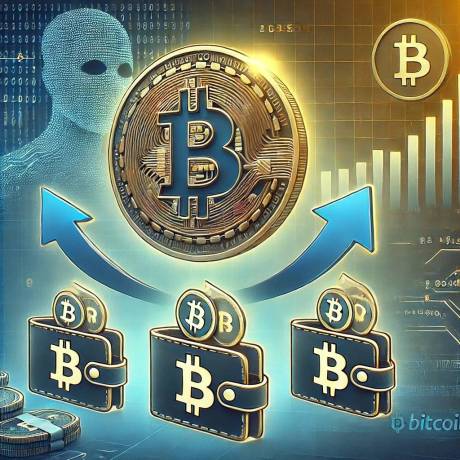The Cardano network recently faced a distributed denial of service (DDoS) attack, a malicious attempt to disrupt its operations. However, the mechanisms and decentralized structure of Cardano effectively mitigated the attack, ensuring uninterrupted stability and operation.
This display of resilience has garnered praise from bullish investors and renewed confidence in the price appreciation prospects of Cardano’s native token, ADA.
DDoS Attack Propels Bullish Sentiment
Jaromir Tesar, an industry expert, highlighted that most services, including SundaeSwap, which processed many orders, continued to operate effectively during the attack.
The attacker incurred transaction fees, resulting in financial losses without causing significant disruption. According to Tesar, this incident demonstrates Cardano’s ability to withstand and thwart malicious activities, establishing it as a winner in terms of network resilience.
In an in-depth analysis of Cardano’s security, Tesar highlights the complexity of executing a DDoS attack on the network when compared to traditional client-server networks.
Cardano’s distributed structure includes numerous nodes, each with its own memory pool, making simultaneous attacks on multiple nodes challenging. Unlike centralized systems, where attacks are directed at a limited number of servers, Cardano’s design distributes the network load across its nodes, making it much more resilient.
Within Cardano’s ecosystem, each block-producing node maintains a mem-pool, which acts as a waiting room for transactions before they are included in a block. Transactions are processed on a first-come, first-served basis, passing through relay nodes and diffusing to other block-producing nodes.
Lastly, Tesar noted in its analysis that the demand-driven protocol of Cardano allows nodes to manage their data rate, concurrency, and data volume, thereby preventing overwhelming resource consumption. This protocol protects both parties involved in transaction transfers, mitigating the risk of resource consumption attacks.
Cardano Season Begins?
Dan Gambardello, founder of Crypto Capital Venture, highlighted the top-tier security measures and decentralized design of Cardano as key reasons for his bullish sentiment.
The ongoing attack showcased Cardano’s ability to handle such situations as intended. Interestingly, the attacker’s funds were exposed in the process and are now essentially being used to fund Cardano’s development, reinforcing the network’s resilience.
As “Cardano season” begins, Gambardello said, with anticipation and excitement surrounding the network growing, the recent DDoS attack serves as a testament to the strength and reliability of the Cardano ecosystem.
Its security measures, decentralized architecture, rapid response from developers and users, and the exposure of attackers’ funds have added to the bullish sentiment surrounding Cardano’s prospects, Gambardello concluded.
ADA Price AnalysisAfter experiencing a sharp correction that led to ADA’s price plummeting to a yearly low of $0.356 over the weekend, the cryptocurrency has regained the $0.392 level.
Currently, it is setting its sights on overcoming the $0.400 resistance, expecting a potential price increase to bridge the gap between its current value and the yearly high of $0.811 achieved in March.
Adding to the positive outlook for ADA’s price, technical analyst Ali Martinez recently identified a buy signal on ADA’s daily chart, indicated by the TD Sequential indicator. This signal anticipates a price rebound for the altcoin.
Nevertheless, it is crucial for ADA to successfully surpass its current resistance at $0.400 to continue recovering from the losses incurred in recent months. The next significant resistance level on the daily chart is at $0.439.
It remains to be seen if network developments and a general market recovery can lift the price of ADA to previously lost levels and start a new uptrend to surpass the $1 milestone.
Featured image from DALL-E, chart from TradingView.com

 4 months ago
46
4 months ago
46









 English (US) ·
English (US) ·